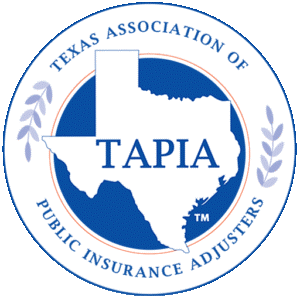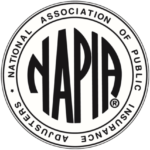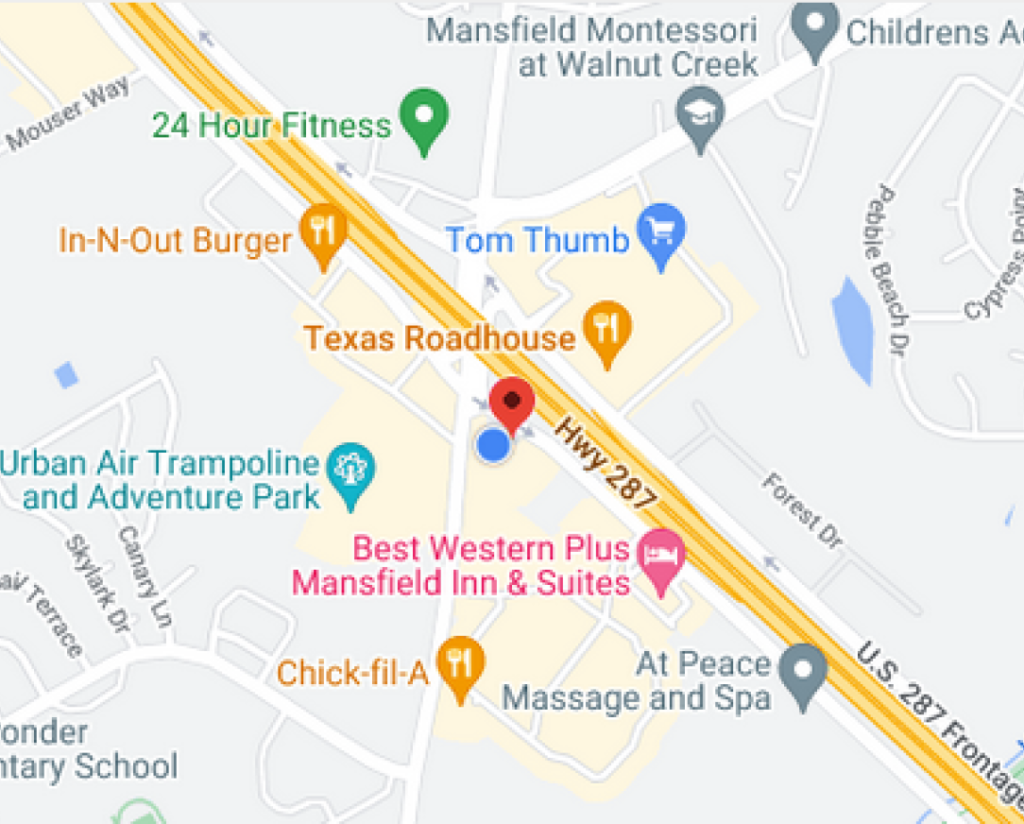You fan feverously at the smoke detector, furious at how sensitive it is to a bit of smoke coming from a hot pan while you cook. But did you know that what annoys you now will save your life? According to the National Fire Protection Association
In 2020, local fire departments responded to an estimated 1.4 million fires in the United States. These fires caused 3,500 civilian fire deaths and 15,200 reported civilian fire injuries. Property damage was estimated at $21.9 billion.
So, what can you do to minimize your home’s fire risk? Let’s take a look. Some obvious dangers are unsafe cooking habits, space heaters, open flame candles, and careless smokers. We want to talk about the unseen dangers.
- Your Dryer – You might be the person who is super diligent about cleaning out the lint catcher. When was the last time you had the dryer vent cleaned out? According to Consumer Reports, clothes dryers are responsible for 14,000 home fires annually.
- Older Homes Run Higher Risks – Now, you can’t change the age of your home, but you can upgrade things, so they comply with updated codes. Electric wiring and exposed light bulbs are significant fire hazards, from overloading your outlets to frayed wires. Consider having an electrician do an electrical inspection and code assessment. It just might save your life.
- Smoke Detectors – If you live in an older home from the 1980s, 90s, or earlier, you may need to add more smoke detectors to your home. It used to be you needed one in the hallway of your bedroom area and one in the kitchen. Today it is advised that there should be a smoke detector in every bedroom.
- How Many Lithium Batteries Are In Your Home – We don’t think about our phones, scooters, hoverboards, or anything else that has to be plugged in as a danger. It will just “shut off” when it is fully charged, right? You should never keep tools in the garage, e-bikes, or scooters plugged in. These devices can get overheated and cause a fire.
- Wildfires – Not as common a concern in the past but they have become a greater concern today. With climate changes and a significant uptick in wildfires in places that had not previously seen seasonal activity, you may want to consider checking the fire rating on your roof and clearing out a 5-foot area around your house called the “ignition” zone.
It’s essential to make an escape plan and to review it with your family members regularly. Determine who grabs the pets, and all the best ways to vacate the house should the need arise. Of course, we hope you will never have to use it, but better to have a plan and not need it than not to have one and need it. Stay safe and remember to keep our number on your phone because National Claims Negotiators is here to assist you with all your property damage claim needs.
In the unfortunate event of damage due to fire, every detail in the claim is important. Attention to those details is crucial in getting a fair settlement from the insurance company. The claim process may make you feel frustrated, stressed, and even depressed.
We have created an informative PDF, “Recovering after a Fire loss”, that can be downloaded HERE.
If you have any questions or concerns regarding your fire loss, a property claim, questions about your property insurance policy, or anything else in this regard, please feel free to call our office at 817.969.4621




